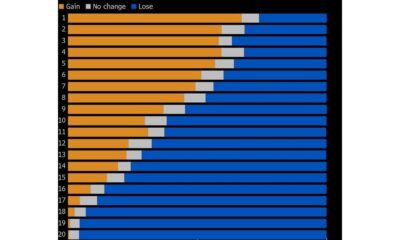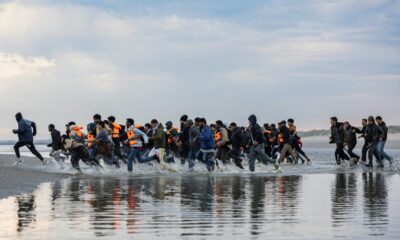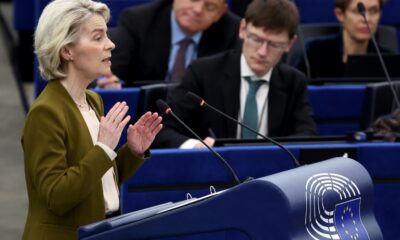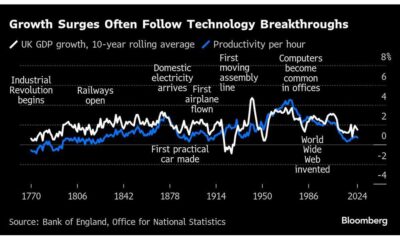Top Stories
Urgent Update: Montenegro’s Jailed Tycoon Claims Political Conspiracy
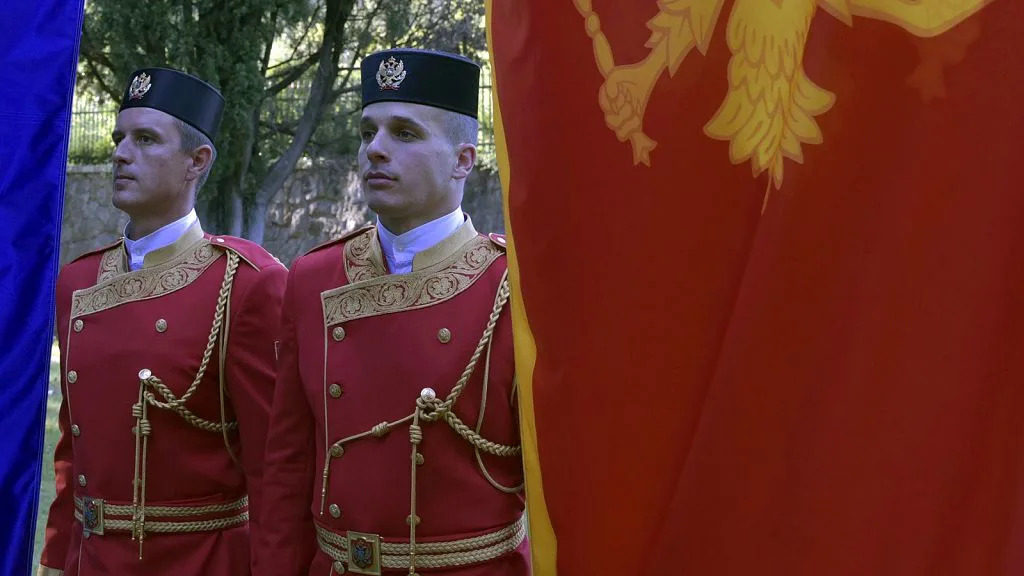
UPDATE: A dramatic twist in Montenegro’s political landscape is unfolding as jailed businessman Duško Knežević claims he is being manipulated as a “pawn” by authorities aiming to discredit former President Milo Đukanović. Knežević, 65, has been incarcerated since being extradited from the UK in April 2023 and awaits trial for serious charges including fraud and money laundering.
Knežević’s lawyer, British barrister Toby Cadman, asserts that the Montenegrin government is pressuring Knežević to provide incriminating evidence against his former associate Đukanović. The situation escalates as Knežević, a once-prominent figure in Montenegro, claims the allegations against him are politically motivated and designed to silence him.
WHY THIS MATTERS NOW: The case exemplifies the ongoing political infighting in Montenegro as the country navigates a path toward potential European Union membership. Current President Jakov Milatović has ambitions for EU accession by 2027, but ongoing issues within the judicial system pose significant hurdles. Cadman warns that without addressing these foundational problems, Montenegro risks failing to meet EU standards.
DETAILS: Knežević, founder of the Atlas Group, once enjoyed close ties with Đukanović, supporting him during the critical transition of Montenegro from a socialist regime. However, their relationship deteriorated following a series of disputes over business dealings that culminated in Knežević’s criminal charges.
Cadman revealed that Knežević possesses evidence linking Đukanović to corruption, specifically referencing “two or three specific incidents,” yet is adamant that he will only cooperate if released. Amid concerns for Knežević’s safety, Cadman noted his client’s health has suffered during his time in custody, including a recent head injury that became infected.
CONTEXT: The tensions between Knežević and Đukanović reflect a broader pattern of corruption that has plagued Montenegro for decades. Political scientist Jelena Džankić emphasized that Knežević’s revelations about the “envelope scandal” — where he alleged he handed almost €100,000 to a government official — merely scratched the surface of systemic corruption.
As the Montenegro government faces criticisms for its judicial practices, the EU has expressed skepticism regarding the country’s readiness for accession. The latest reports indicate that significant reforms are necessary, particularly in governance and the fight against high-level corruption.
NEXT STEPS: The Montenegrin authorities have yet to respond to these serious allegations. Meanwhile, Knežević’s fate remains uncertain as he awaits trial, and observers will be closely monitoring how this case impacts Montenegro’s political stability and its aspirations for EU membership.
With the political climate in Montenegro heating up, the future of both Knežević and the nation hangs in the balance. As this story develops, it will undoubtedly capture the attention of not just local citizens but also international observers keen on the implications for governance and reform in the region.
-

 Politics3 weeks ago
Politics3 weeks agoSecwepemc First Nation Seeks Aboriginal Title Over Kamloops Area
-

 World4 months ago
World4 months agoScientists Unearth Ancient Antarctic Ice to Unlock Climate Secrets
-

 Entertainment5 months ago
Entertainment5 months agoTrump and McCormick to Announce $70 Billion Energy Investments
-

 Lifestyle4 months ago
Lifestyle4 months agoTransLink Launches Food Truck Program to Boost Revenue in Vancouver
-

 Science5 months ago
Science5 months agoFour Astronauts Return to Earth After International Space Station Mission
-

 Technology3 months ago
Technology3 months agoApple Notes Enhances Functionality with Markdown Support in macOS 26
-

 Top Stories2 months ago
Top Stories2 months agoUrgent Update: Fatal Crash on Highway 99 Claims Life of Pitt Meadows Man
-

 Lifestyle3 months ago
Lifestyle3 months agoManitoba’s Burger Champion Shines Again Amid Dining Innovations
-

 Politics4 months ago
Politics4 months agoUkrainian Tennis Star Elina Svitolina Faces Death Threats Online
-

 Sports5 months ago
Sports5 months agoSearch Underway for Missing Hunter Amid Hokkaido Bear Emergency
-

 Politics4 months ago
Politics4 months agoCarney Engages First Nations Leaders at Development Law Summit
-

 Technology5 months ago
Technology5 months agoFrosthaven Launches Early Access on July 31, 2025

